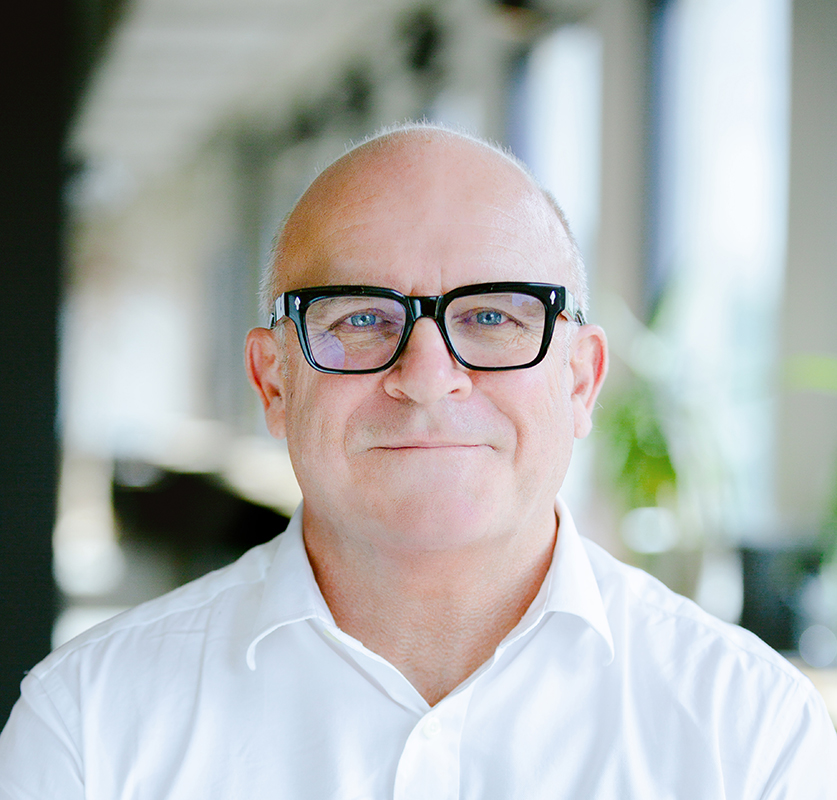
“We tend to overestimate the effect of a technology in the short run and underestimate the effect in the long run” – Amara’s Law
Artificial Intelligence (AI) has a PR problem in Australia. It’s been coming so long, with such hype and promise, and failed to deliver so spectacularly so much – IBM Watson and cancer diagnosis, as our most recent example – that many in the sector aren’t really sure what is going on.
Last week, one of our most recognised experts in the field of medical AI, Professor Enrico Coiera, The Director of the Australian Institute of Health Informatics, made the situation clear. AI is here already, going very big overseas already, and unless we organised ourselves faster for the change, we could miss out on significant opportunities locally, or worse, end up with AI medical failures through poor governance and education.
He told Wild Health that Australia would never likely be a hub for serious medical AI development, given the money behind and the march of the major global digital distribution platforms like Google, Apple and Amazon, but the Australian healthcare eco system was an ideal testing ground for major overseas investors and this was a way in for Australia in the medical AI revolution. Australia benefits hugely from significant involvement in the global clinical drug trials market.
“It’s [medical AI] real. We are in a world that has already changed”, Coiera told the MSIA gathering, citing the massive investments now being made in medical AI in the UK and the US, both privately and by government.
He pointed out that the NHS has allocated one billion pounds to medical AI research and implementation and set itself the goal of cutting cancer deaths by 10% (22,000 lives) per year by the year 2035. And that the same potential is now there for Australia to improve health and save lives, but that so far there has been very little traction locally to fund medical AI.
In the past 18 months, Coiera has been working hard at establishing a Australian body to oversee governance, research and the development of a local AI community, called The Australian Alliance for Artificial Intelligence in Healthcare.
Key goals of the organisation according to Coiera include supporting the acceleration and adoption of existing AI enabled health services in Australia (of which there are quite a lot now), building a community of shared interest and pooled resource, undertaking targeted local research, building a national workforce and possibly most importantly, ensuring that medical AI in Australia is safe and ethical.
Coiera says we are going to need to formulate a national approach to AI in medicine if we want our local sector to be safe and have ethical governance.
“In Australia today, there are few standards or governance to oversee safe and effective use of digital health and there are none specifically dealing with AI”, he told the MSIA members.
Another key to the new organisation says Coiera is close ties with appropriate international groups.
In its first 18 months of existence the AAAIH has already signed on 52 formal partners including 5 state health departments, key AI industry players such as Google Health, Accenture, Amazon, IBM and Oracle, many of our major universities, our key related digital health associations and partnerships with Stanford, Oxford, Toronto, Michigan and Liverpool universities.
Coiera says government is starting to take notice, particularly at the state level, but that given the pace of change in the US and the UK, the sector needed more attention, and a lot more funding, soon.

